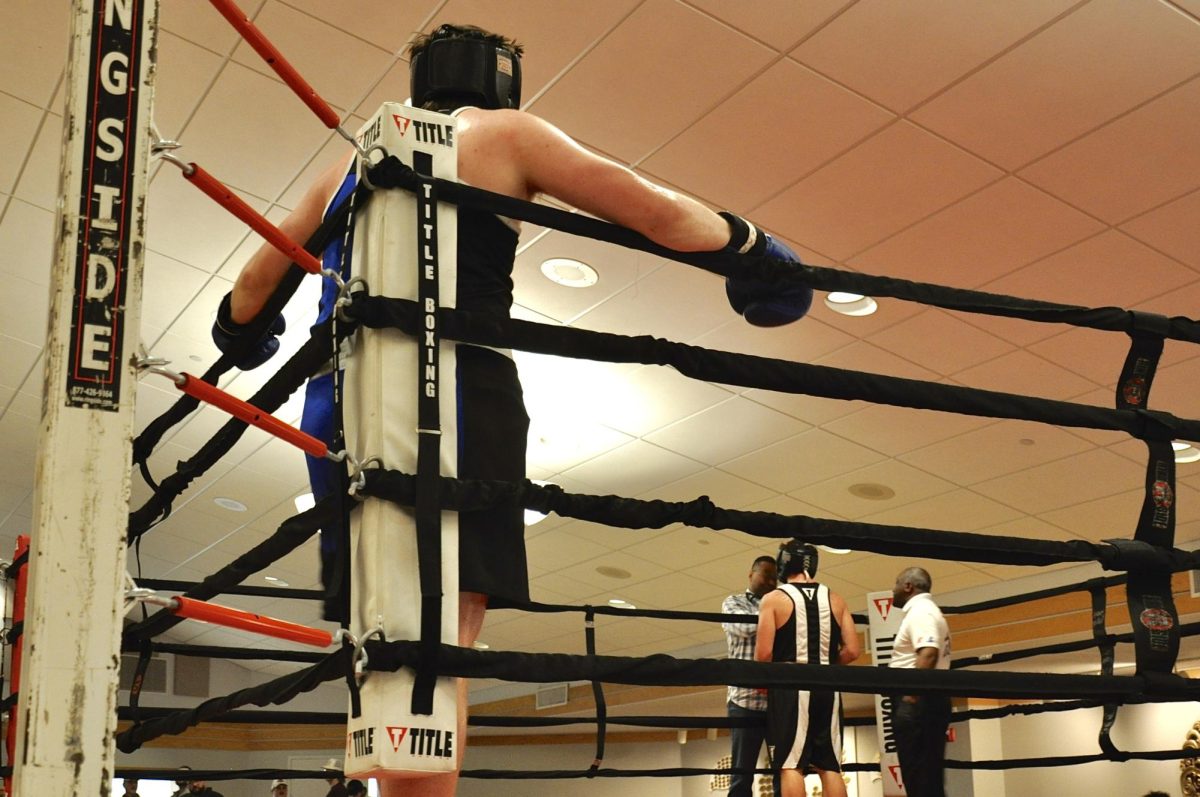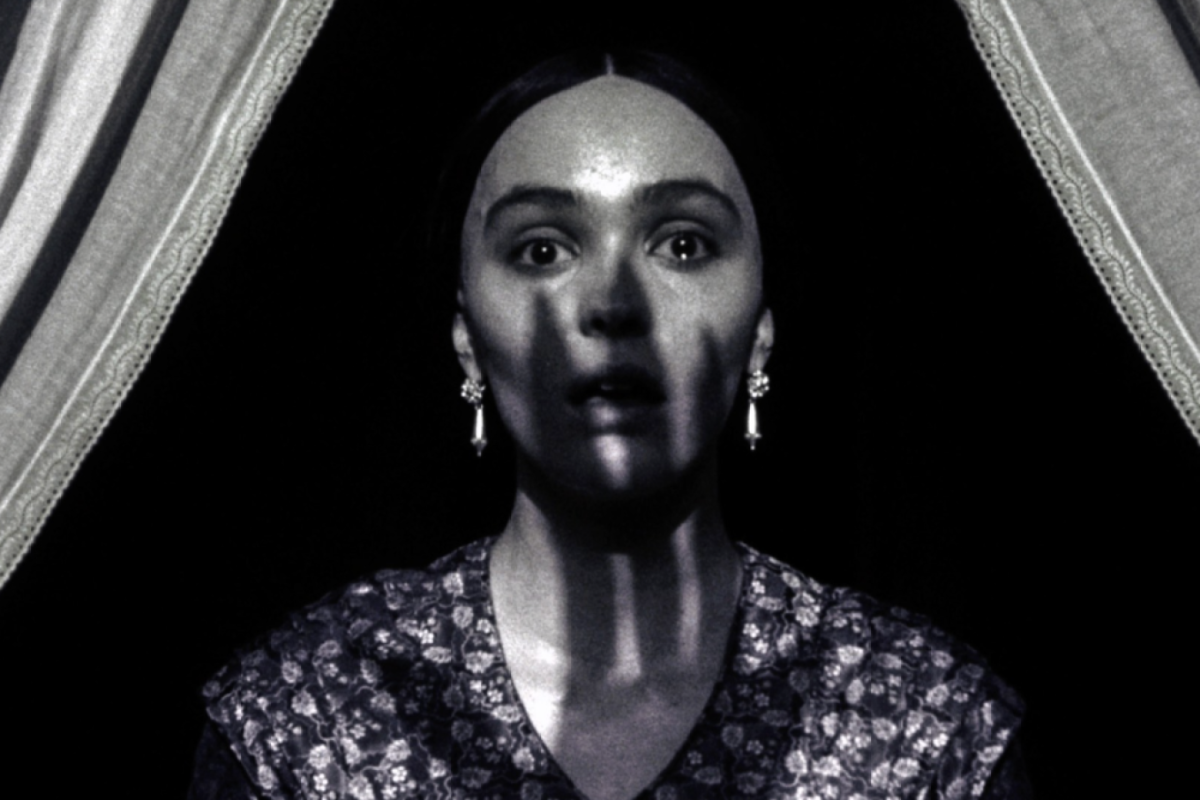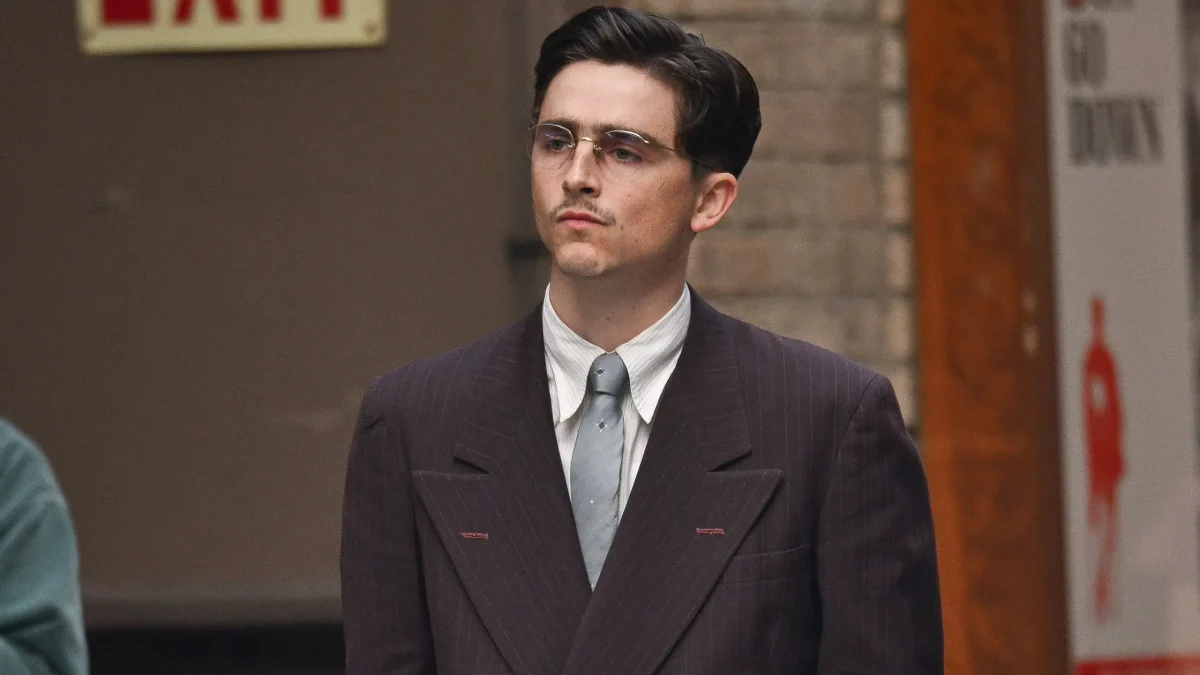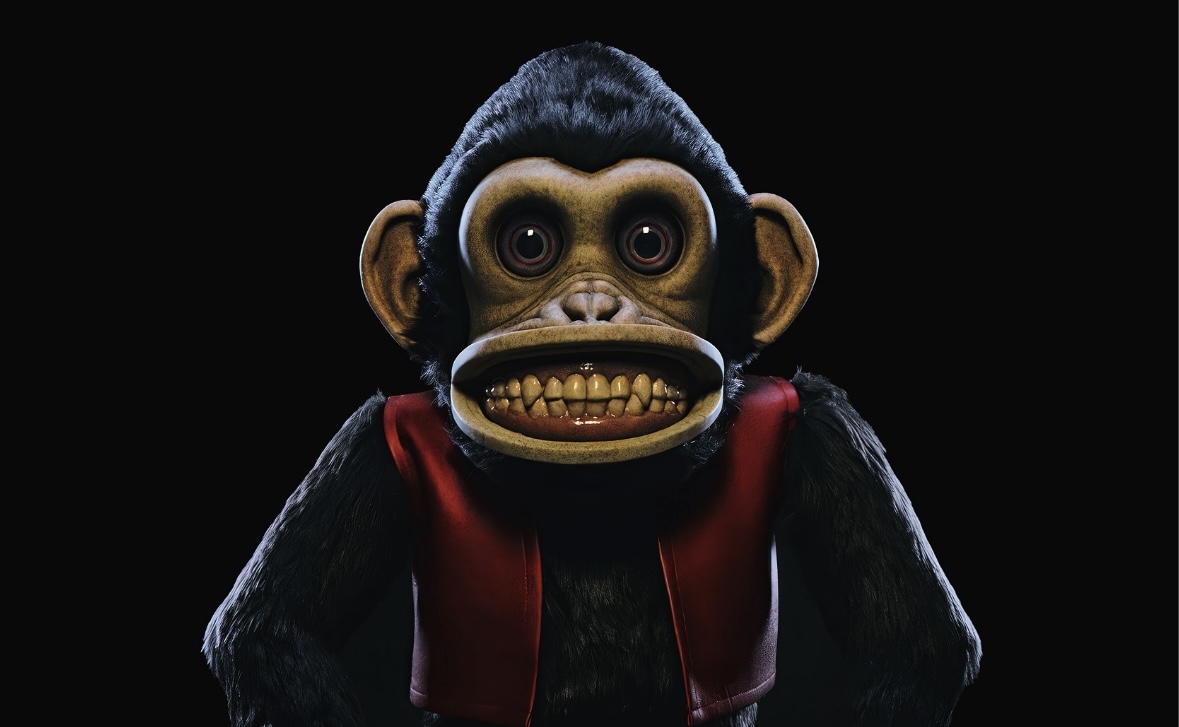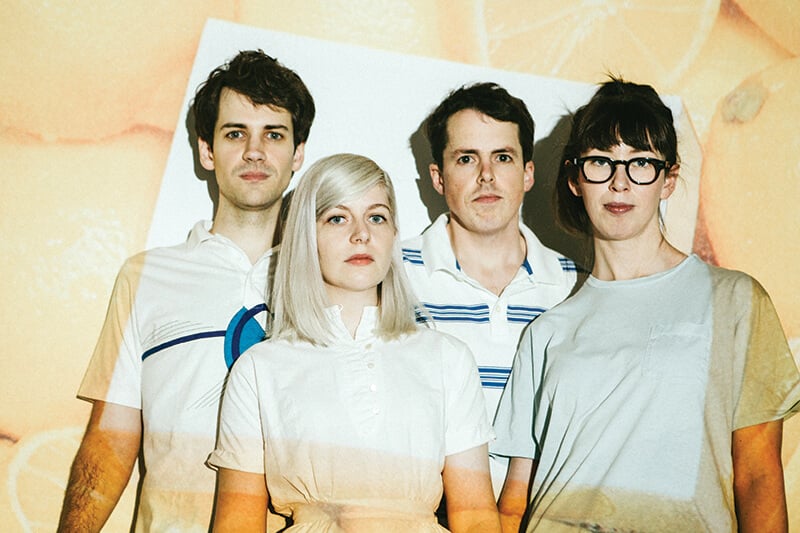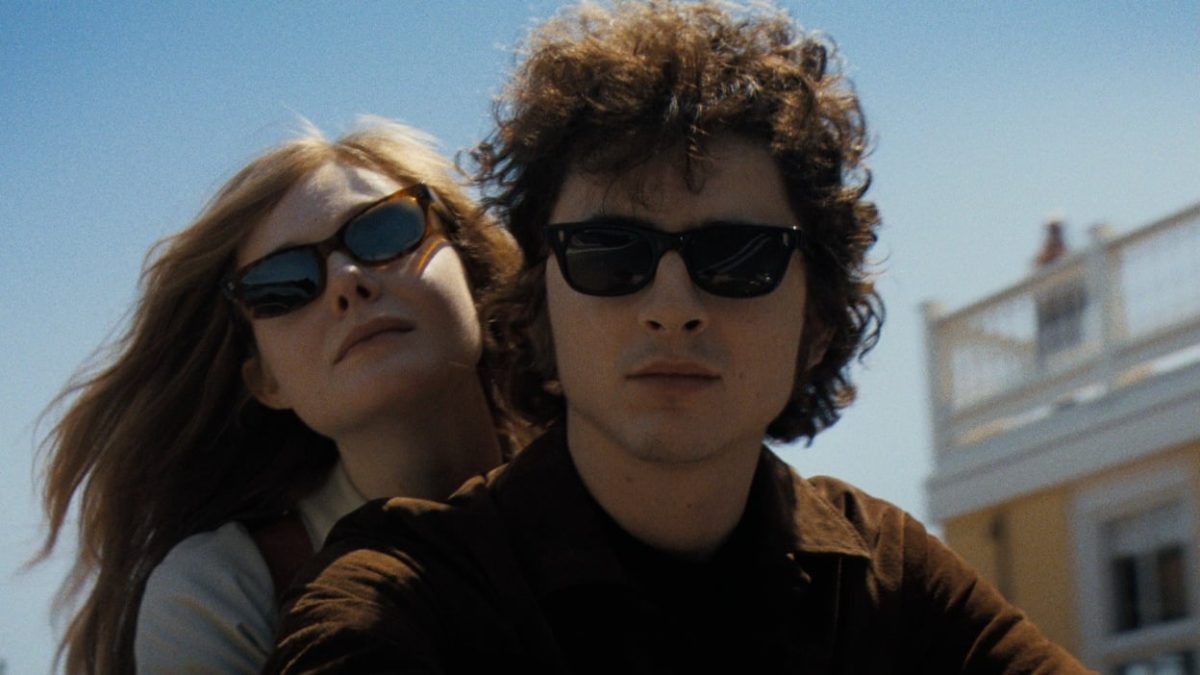I have a confession to make. I love country music, and I don’t care who knows it.
Before you scoff, let me clarify a few things. Country music is not the collection of clich?s that popular culture all too often reduces it to. Contrary to popular belief, not all country fans are gun-slingin’, Bible-totin’, slack-jawed yokels who spend the bulk of their day swigging moonshine and wooing their comely cousins.
Alas, no stereotypes are fulfilled here. I have all of my teeth, and I have a mastery of the English language. I do, however, swoon at the sound of Dolly Parton’s heavenly trills and Vince Gill’s cultured crooning.
I don’t understand why so many of my fellow students feel the need to demonize this stately genre on Facebook by saying they like “everything but country.” What’s the problem here? They don’t hate country music, they just hate the beer-guzzling good old boys who warble about rabble-rousing nights spent tipping cows and kissing gals.
It’s no secret that country has its fair share of bad eggs. I’ll admit that blowhards like Toby Keith and Gretchen Wilson make me gag. Artists like these may turn country radio into a red state jamboree, but don’t be misled. A handful of radio-ready, formula-driven artists are not enough to condemn an entire branch of worthy music.
At its core, country music is the voice of the people. Pop princesses might regale their fans with tales of bumping and grinding at the nearest discotheque, but where’s the emotional resonance in being chronically bootylicious?
Country captures the essence of being human. Its history stretches across centuries of American history, commemorating the struggles of past generations through song. No other genre that reaches the airwaves addresses issues of love, death and heartache as honestly as country music does. It is fearless.
The musical tradition that generated the “country sound” is earthy and invigorating. Hearing masterful musicians play the hell out of their banjoes, mandolins and acoustic guitars is the quickest route to musical nirvana this side of the Mason-Dixon Line.
But the musical underpinnings are only the beginning. The instruments and their melodies create the stage for talented writers and vocalists to shine.
Consider for a moment the bounty of talent that falls under the vast umbrella of country music. The aforementioned Dolly Parton is a musical marvel, all jokes about her commanding cleavage aside. She has crafted melodies complemented with simple poetry that stand alongside the best that the American songbook has to offer.
Remember “I Will Always Love You”? Whitney Houston’s tour de force of treacle began as a stripped-down elegy commemorating a failed partnership in the hands of Parton, who wrote the song as she rose to stardom in the ’70s. The fact that her modest musings translated into a bonafide mega-hit is a testament to the universal appeal of her artistry.
And what about those Dixie Chicks? They have been demonized in recent years, with most of the media portraying them as villainous vixens on an anti-American warpath. This couldn’t be further from the truth. At this year’s Grammy awards, the who’s who of the music industry lauded the musical malcontents, giving them five awards, including album of the year.
The truth is that these ladies endured the harassment of the general public. The experience left them in an emotional upheaval, which they mended musically in Taking the Long Way. The result was Grammy gold.
While country radio may have turned them away, these hot chicks have embodied country music’s roots: Translating the trials and tribulations of everyday life into musical majesty.
As far as vocals go, no pop tart can match the torch twang of country divas like Trisha Yearwood or Martina McBride. These ladies, along with dozens of their similarly talented peers, unleash the full power of their pipes on songs that pulse with passion.
If the above evidence hasn’t been enough to assuage your nagging doubts regarding this genre of genres, remember that country reaches beyond borders, touching artists across the musical spectrum. Ryan Adams, k.d. lang, Sheryl Crow, Norah Jones, Bon Jovi and Michelle Branch have all dipped their toes in the country creek. (And don’t forget Johnny Cash, the perennial badass who has managed to accrue a vast amount of collegiate cache, despite his firm standing in country music.)
Country is more than a simple word that can be brushed off in a Facebook profile. It is an American institution. For decades, it has reflected the heart of American culture, and its breadth and depth are astonishing.
So, the next time a touch of twang triggers a sneer, resist the impulse to turn the dial. Why don’t we break down the walls of musical elitism, ease the animosity created by high-minded hillbillies and give peace a chance?




